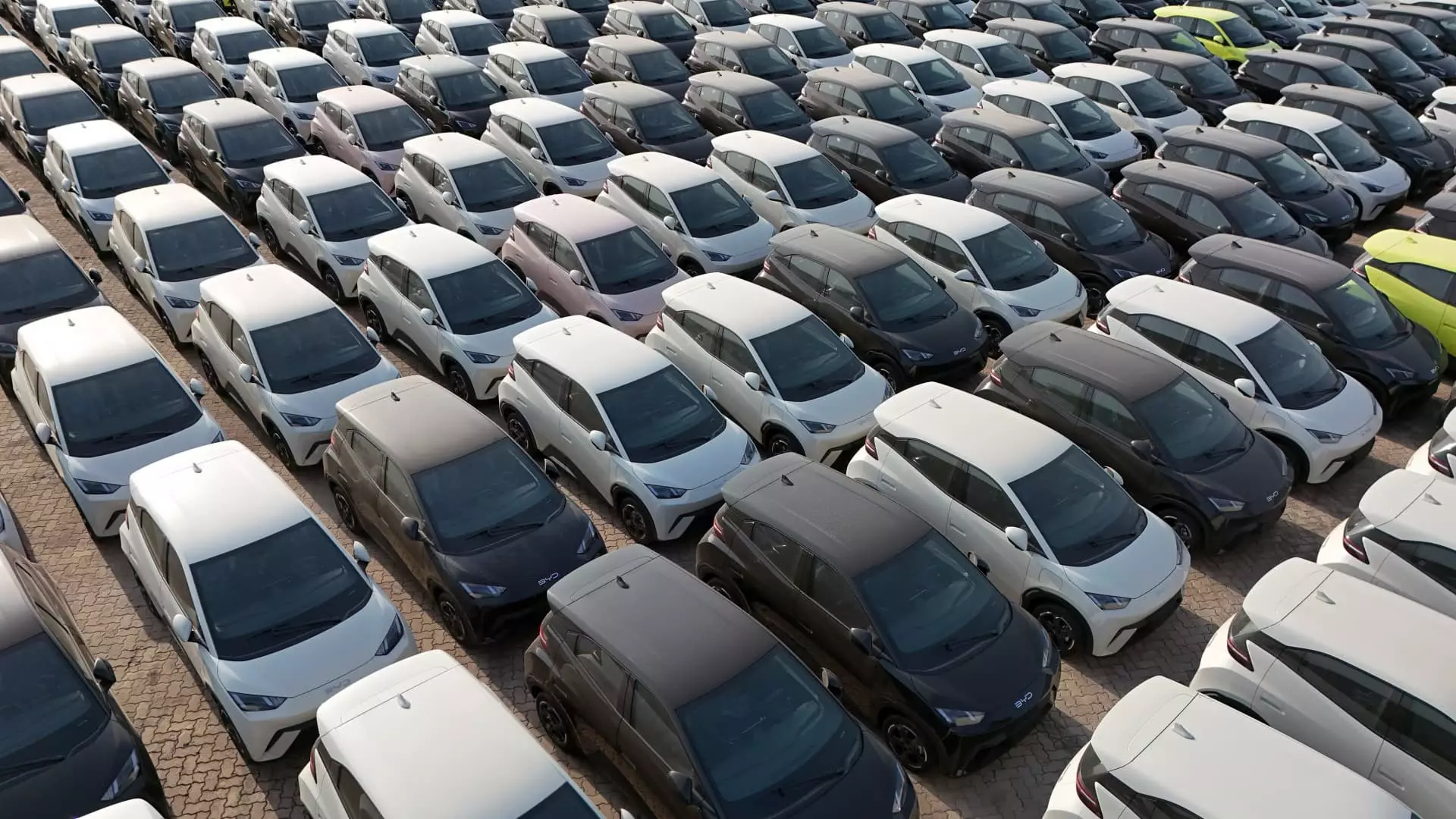The recent dispute between China and the European Union regarding tariffs on electric vehicle imports has sparked tensions between the two economic powerhouses. The EU’s decision to lower import duties on electric vehicle manufacturers, including Tesla, has not been well-received by the Chinese government. Beijing believes that the EU’s probe into China’s subsidies for its electric vehicle industry is biased and promotes unfair competition.
A Ministry of Commerce spokesperson condemned the EU’s actions, stating that China will take all necessary measures to defend the legitimate rights and interests of Chinese companies. The Ministry accused the EU of reaching “pre-set conclusions” regarding China’s subsidies and criticized the bloc for distorting competition in the electric vehicle industry.
The European Commission decided to lower import duties on electric vehicle manufacturers importing cars from China into the EU. While Tesla was subjected to a 9% tariff, other Chinese electric car makers such as BYD, SAIC, and Geely also benefited from reduced tariffs. These measures were implemented by the EU in response to concerns about China’s generous subsidies for its electric vehicle industry.
The Chinese Commerce Ministry provided extensive legal documents and evidence materials to defend the practices of China’s electric vehicle industry. The Ministry expressed disappointment with the EU’s final ruling, which it believes did not fully consider China’s opinions. China hopes to resolve the trade disputes with the EU and prevent an escalation of tensions in the automotive industry.
The EU’s tariffs on electric vehicle imports from China could disrupt the stability of the global automotive industry supply chain. China has voiced its opposition to the EU’s decision and emphasized the need for practical actions to avoid further trade frictions. Both parties are eager to find a resolution to the ongoing dispute and maintain a fair and competitive market for electric vehicles.
Overall, the conflict between China and the EU over electric vehicle tariffs underscores the challenges of global trade relations in the automotive industry. The outcome of this dispute could have far-reaching implications for both Chinese and European electric vehicle manufacturers, as well as the broader global market. It is essential for both parties to engage in constructive dialogue and find common ground to ensure a fair and sustainable future for the electric vehicle industry.


Leave a Reply
You must be logged in to post a comment.